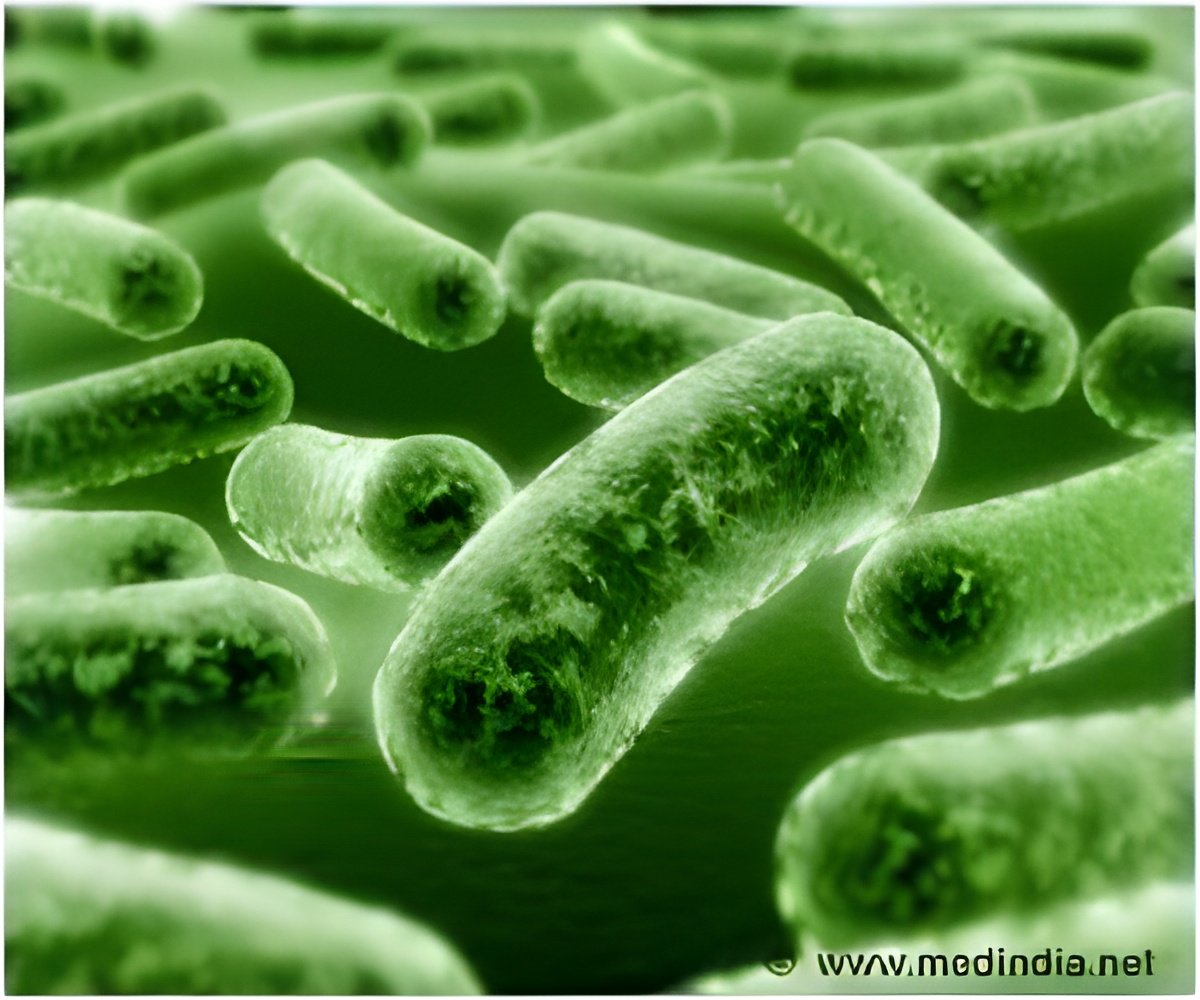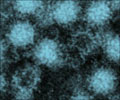Human digestive tract consists of millions of both harmful and beneficial microbes. A recent study analyzed the efficiency of probiotics in treating Antibiotic-Associated Diarrhea.

Antibiotic-associated diarrhea and Clostridium difficile diarrhea can be treated quite effectively with ‘probiotic’-the oral form of good bacteria.
Elizabeth Videlock et al conducted a meta-analysis of randomized, double-blinded, placebo-controlled trials for understanding the association of probiotics in antibiotic-associated diarrhea.
Earlier studies have revealed the importance of probiotics in reducing the occurrence of antibiotic-associated diarrhea (AAD).
AAD is a separate clinical entity from Clostridium difficile induced diarrhoea and from C. difficile associated pseudomembranous colitis.
During the trial, the patients were administered probiotics for the entire duration of antibiotic treatment. Around 43 studies were carried out involving 4138 patients.
Probiotics should not be purported to yield beneficial effects only, they are often associated with some harmful effects in immune-compromised patients.
Reference:
Meta-analysis: Probiotics in Antibiotic-Associated Diarrhoea; Videlock et al; Alimentary Pharmacology and Therapeutics 2012
Source-Medindia














